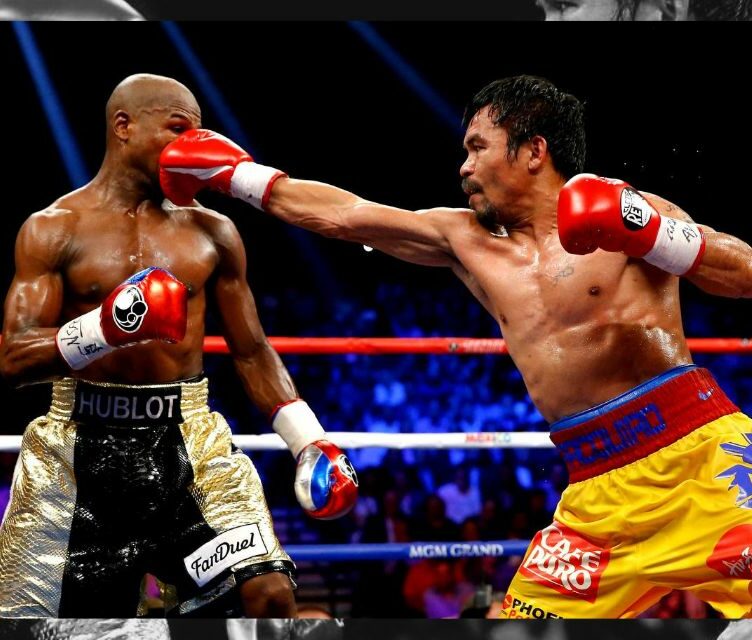EVERYONE dreams of UP Diliman.
It’s the image planted in our minds when we talk about UP— the Oblation, the Sunken Garden, the idea of making it to the “main campus”.
For many, passing UPCAT is synonymous with landing there. It’s where the majority of the high schoolers in the country imagine as their “dream university”.
Back then, all I wanted was to get into UP.
I wanted to take up Creative Writing in Diliman. I’ve always dreamed of becoming a novelist—still do. So of course, it was my first choice. It felt like the best option.
It was the only option, really, since it was the best university we could afford. No backup plans were made, no other applications sent. My family couldn’t cover the entrance fees of larger universities, and the ones with better reputations were all in the city. The cost of bus fare alone made them out of reach.
I had spent Senior High School in a state university, where the reality of what education could be—or rather, what it wasn’t—became clear. Professors who didn’t show up, classes that prioritized memorization over understanding, and an atmosphere where asking questions felt like an intrusion. It was an education, yes, but it lacked the depth, the engagement, and the opportunity for real growth.
I wanted more. I wanted to be in a place where education didn’t stop at passing tests, but encouraged questioning, exploring, and truly understanding the world. A place where curiosity wasn’t a nuisance and intelligence isn’t mocked. Where I wouldn’t get bullied for answering correctly in recitation or be branded a know-it-all simply for showing interest in learning.
For the seventeen-year-old me, UP wasn’t just a dream—it was a necessity. A chance to break free from the limitations of my finances and the small town I came from.
Then came the UPCAT results. I didn’t get into Diliman.
It felt like a punch to the gut. The dream I had built up for so long, the one that seemed like my only option, was suddenly out of reach. I felt like a failure. I hated myself for thinking that it was possible— only to come up short.
The disappointment was heavy, overwhelming. I felt like I wasn’t good enough for my dream. How could I have ever thought I belonged there when I couldn’t compete with the smarter, more capable students?
But the fight wasn’t over yet. My University Predicted Grade (UPG) was high enough to be reconsidered for another campus—University of the Philippines Los Baños (UPLB). I told myself I had to get in—UPLB was my only chance of ever stepping into UP. But in the back of my mind, I planned to transfer to Diliman once I had a foothold.
After long and difficult reconsideration and interview processes, I was able to get a slot in Bachelor of Science in Development Communication. The course was unfamiliar, the campus even more so. I didn’t know much about UPLB, and DevCom wasn’t anywhere on my radar. Just a random program I chose during the application because it had the word ‘communication’ on it.
When I started DevCom in UPLB, the first thing that caught my attention was the beauty of the campus. It was so different from anything I had imagined—lush, serene, and deeply connected to nature.
Mount Makiling loomed majestically in the background, and I couldn’t help but remember how it had often been the backdrop of my dad’s fantastical made-up stories. He had just passed, and in that moment, the mountain seemed to carry with it a quiet kind of presence, a subtle connection to him.
I was still dreaming of Diliman, but the longer I stayed in UPLB, the more I fell in love with the place. UPLB had a way of enveloping you in a deep sense of community, of belonging. Almost everyone was friendly, a stark contrast to the rush and rage of a bustling city.
Here, cars stopped when they saw you crossing the road. Stray animals, like cats and dogs, weren’t just wandering aimlessly—they were part of the campus. The entire place was their home, and everyone cared for them, not out of a need to possess, but because they were simply part of the landscape, part of nature. They belonged here, just as much as we did.
But it was really my course that made me fall in love with the place altogether. It was what made me decide to stay there. UPLB was the pioneer of Development Communication, and the program had so much heart.
It was often described as a program built around care— care for communities, care for knowledge, and care for the future. In DevCom, I met some of the smartest, most passionate, and caring people, professors and students alike. There was this collective spirit that wasn’t just about academic achievement but about making a difference.
DevCom taught me that the academe shouldn’t be treated as a top-to-bottom approach, where knowledge is handed down from experts to students. Instead, it showed me the importance of collaboration, of learning alongside communities, not above them.
It taught me that true learning happens when we step beyond the classroom, when we immerse ourselves in the lives and struggles of the people we aim to serve. I met farmers, public school children, persons with disabilities, scientists—people from all walks of life. And each of them had stories to tell that were just as, if not more, valuable than the ones I read in novels.
It taught me to dream— not high but deeply. Success didn’t always have to mean financial stability or climbing a career ladder.
True success, DevCom showed me, was about causing real, lasting change. It was about making a tangible impact on the community, about using whatever knowledge and skills we had to empower others.
It was about knowing that the deepest kind of fulfillment came from being part of something bigger than yourself.
I may not have gotten into Diliman and pursued Creative Writing, but I found my purpose in DevCom. And I was grateful that UPLB somehow chose me. It reshaped the way I saw the world, and my place in it. It pushed me to listen more, to serve more. It taught me to tell not just any kind of stories— but those that matter.
When I come to think about it, it wasn’t really about me choosing UP. It was UP— specifically UPLB— that chose me. And when UP chooses you, it’s not a badge of privilege. It’s a call to responsibility.
To be an “iskolar ng bayan” is to serve the people who made your education possible. We’re not heroes—we’re servants. What we owe is not prestige, but purpose. Not pride, but service.
To the incoming UPCAT passers: Welcome. You’ve earned your place. But you must remember that it is only the beginning. Your journey in UP will teach you many things, not just how to be excellent, but more importantly, how to use that excellence in service and bring honor to your people. You will be taught how to be kind, compassionate, and selfless. And may you dream deeply, love fearlessly, and serve selflessly. The country is waiting for you.
And maybe, just maybe, you’ll find that you didn’t just get into UP—UP got into you.
How useful was this post?
Click on a star to rate it!
Average rating 5 / 5. Vote count: 6
No votes so far! Be the first to rate this post.
We are sorry that this post was not useful for you!
Let us improve this post!
Tell us how we can improve this post?







